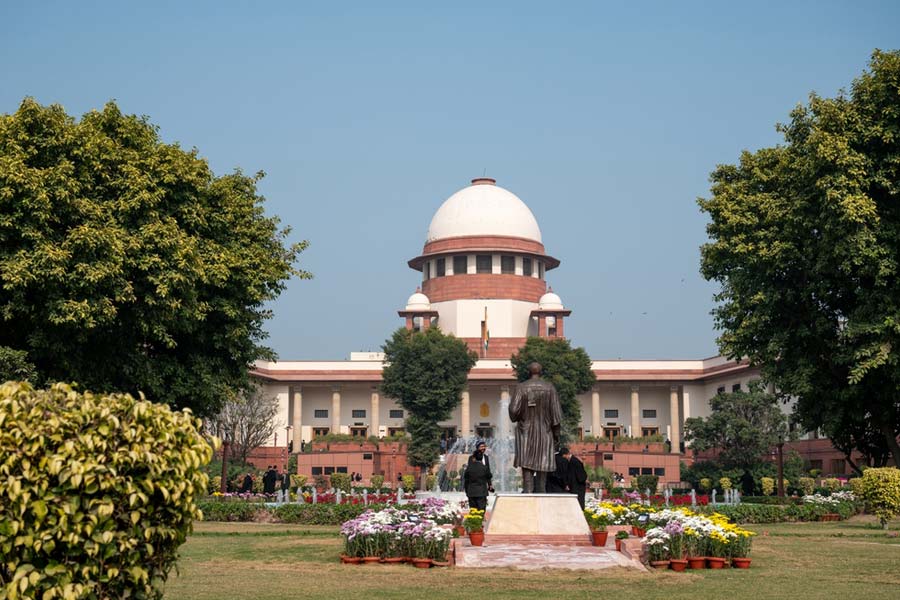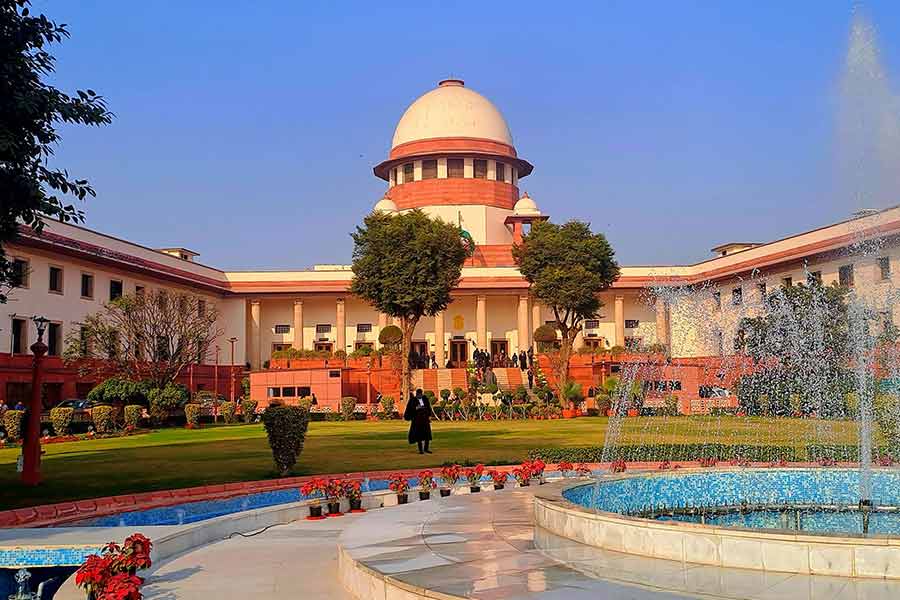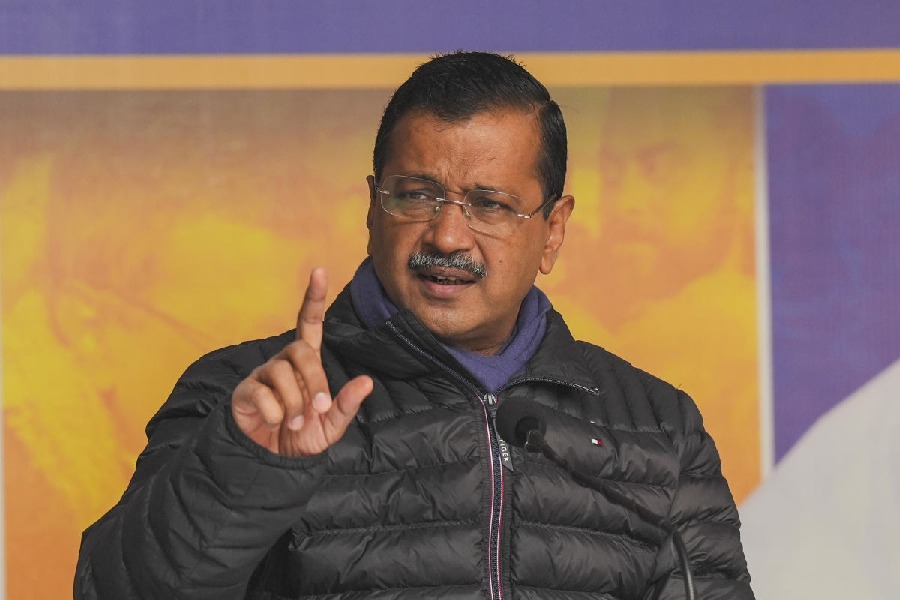The Supreme Court on Friday refused to examine pleas challenging the delimitation clause in the 2023 Nari Shakti Vandan Act which reserves one-third seats for women in Lok Sabha and state assemblies.
A bench of Justices Bela M Trivedi and P B Varale was not inclined to entertain the petitions filed by one Jaya Thakur and the National Federation of Indian Women (NFIW) under Article 32 of the Constitution.
The bench pointed out Jaya Thakur's petition challenged the bill, which had become the Act, whereas the NFIW challenged the delimitation clause of the law.
While Thakur's plea was dismissed as infructuous, the court was not inclined to examine NFIW's plea under Article 32 saying it could move the high court or any other appropriate forum.
The NFIW challenged the constitutional validity of Article 334A (1) or Clause 5 of the 2023 Act where it rendered delimitation of constituencies a prerequisite to the implementation of the Act.
On November 3, 2023, the top court while hearing Thakur’s plea said it would be "very difficult" for the court to strike down a part of the women's reservation law which would come into effect after the census.
It refused to issue a notice on Thakur's plea and asked the counsel for the petitioner to serve the copy on the lawyer representing the Centre.
On September 21, 2023, the watershed bill to reserve one-third of the seats in the Lok Sabha and state assemblies for women received the parliamentary nod.
The constitutional amendment bill was passed by the Lok Sabha with near unanimity and the Rajya Sabha with unanimity.
The law would take some time before implementation as the next census and the subsequent delimitation exercise -- redrawing of Lok Sabha and assembly constituencies -- would ascertain the particular seats being earmarked for women.
The quota for women in Lok Sabha and assemblies would continue for 15 years and Parliament can later extend the benefit period.
While there was quota within quota for women from scheduled castes and scheduled tribes, the opposition demanded the benefit to be extended to other backward classes.
There were efforts to pass the bill in Parliament since 1996 and a last such attempt was made in 2010, when Rajya Sabha approved a bill for women's reservation, but it could not be passed in Lok Sabha.
Data showed women MPs account for nearly 15 per cent of the Lok Sabha strength whereas their representation was below 10 per cent in many state assemblies.
On September 29, 2023, President Droupadi Murmu gave her assent to the bill.
Except for the headline, this story has not been edited by The Telegraph Online staff and has been published from a syndicated feed.











